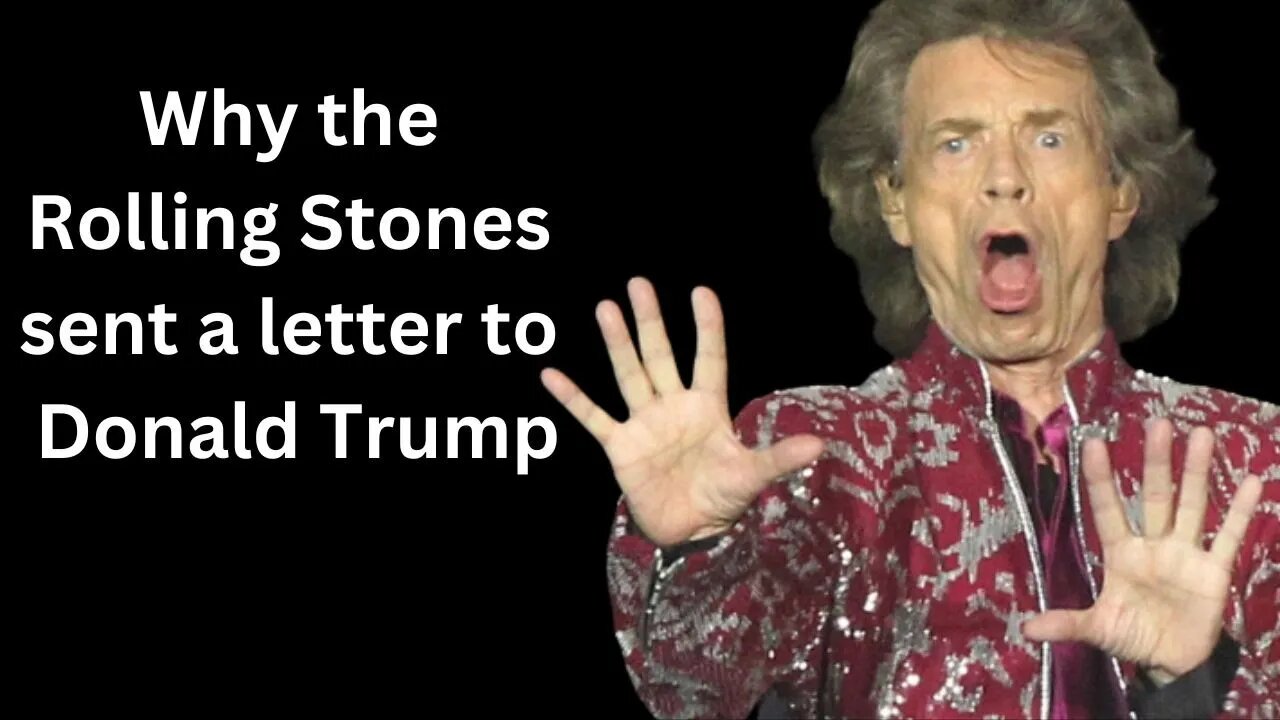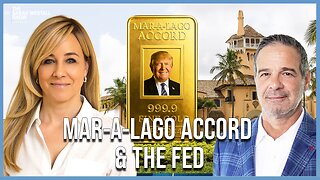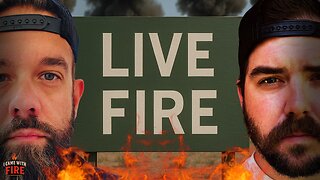Premium Only Content

Unbelievable Reason the Rolling Stones Sent a Letter to Donald Trump! #shorts #rollingstones
Music is a powerful tool in political campaigns and rallies. It evokes emotions, inspires supporters, and amplifies the candidate's message. However, using copyrighted music in political campaigns without permission can have legal and ethical implications that may damage the reputation of both the campaign and the artist.
The incident involving The Rolling Stones and Donald Trump is a prime example of the complex legal and ethical issues surrounding the use of music in political campaigns. In 2016, Trump's campaign used The Rolling Stones' hit song "Start Me Up" in their rallies without permission. The Rolling Stones, who have been vocal about their dislike for Trump, immediately sent a cease-and-desist letter to the campaign, demanding they stop using their music.
The legal concept at play in this case is intellectual property rights. Copyright law grants artists exclusive control over their creative works, including music. The use of copyrighted music without permission is considered copyright infringement, and the copyright owner can sue the infringer for damages.
However, there are exceptions to using copyrighted music without permission, including the fair use doctrine. Fair use allows the use of copyrighted material for educational, research, commentary, or news purposes without infringing on the owner's rights. However, the use of music in political campaigns does not fall under fair use.
Using copyrighted music without permission in political campaigns can also harm the artist's reputation. The artist may not want to associate their music with a particular candidate or message, and their fans may perceive it as an endorsement. This can lead to negative feedback from the artist's fanbase and damage their reputation.
Legal experts and music industry professionals have different perspectives on this issue. Some argue that campaigns should obtain permission or pay a licensing fee to use music in their rallies. Others believe that artists should have a say in how their music is used and who it is associated with.
The American Society of Composers, Authors and Publishers (ASCAP) is an organization that represents songwriters, composers, and music publishers. They offer licenses for political campaigns to use copyrighted music legally. However, ASCAP also acknowledges that some artists may not want their music played in political campaigns and encourages campaigns to obtain permission directly from the artist.
In conclusion, using copyrighted music in political campaigns without permission can have legal and ethical implications and harm the reputation of both the campaign and the artist. While there are exceptions to using copyrighted material without permission, political campaigns do not fall under fair use. It is essential for campaigns to obtain permission or pay a licensing fee to use music legally, and for artists to have a say in how their music is used. As campaigns gear up for the 2020 election, it will be interesting to see how they navigate this complex issue.
-
 1:03:57
1:03:57
Sarah Westall
3 hours agoMara Lago Accord Joins the Fed, Fed Waves the White Flag & more w/ Andy Schectman
4.83K -
 LIVE
LIVE
I_Came_With_Fire_Podcast
1 day ago*BREAKING* Special Guest Katarina Szulc
154 watching -
 LIVE
LIVE
megimu32
3 hours agoOFF THE SUBJECT: FAFO Friday! Bodycams & Mario Kart Mayhem!
75 watching -

Flyover Conservatives
21 hours ago4 Strategies to Create Opportunity from Nothing - Clay Clark | FOC Show
12.3K -
 1:49
1:49
Gaming on Rumble
8 hours agoWhat is the Rumble Creator Program!?!? (Active Premium Creators) | Lvl UP
18.4K2 -
 LIVE
LIVE
Midnight In The Mountains
5 hours agoGaming w/ PER·SE·VER·ANCE | Midnights Play Fortnite | Split Screen Action!
80 watching -
 3:56:17
3:56:17
Nerdrotic
7 hours ago $12.27 earnedLet's TACO-bout Take Us North, Hollywood COPE! Cracker Barrel CRACKED! | Friday Night Tights 369
88.4K4 -
 1:16:30
1:16:30
RiftTV
5 hours agoHow Blue Light is Turning You Gay | The Rift | Guest: Jack Kruse
27.1K9 -
 LIVE
LIVE
Eternal_Spartan
12 hours ago🟢 Eternal Spartan Plays Final Fantasy 7 Remake Intergrade | USMC Vet | Join the Best Chat on Rumble
75 watching -
 LIVE
LIVE
MissesMaam
3 hours ago*Spicy Sips* Friend Friday with Mally_Mouse and Friends!!! 💚✨ (part 2 stweam crashed)
59 watching